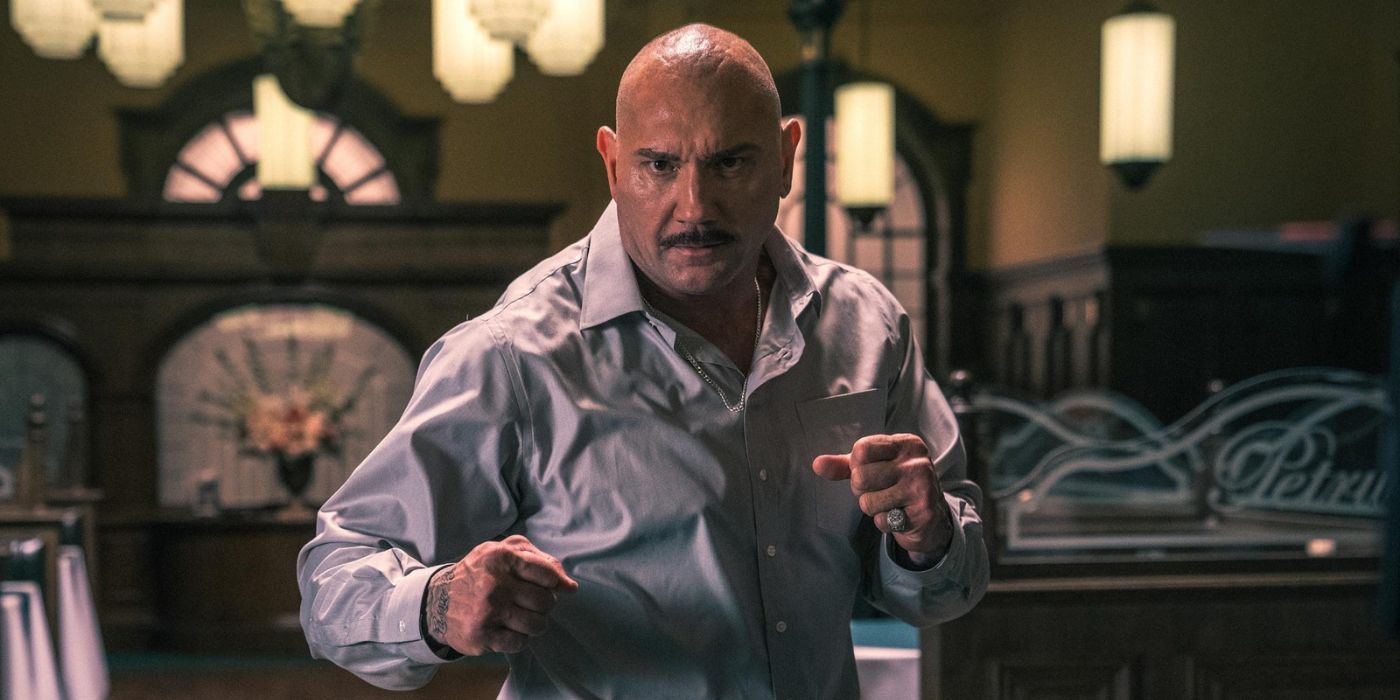A Story of Justice, Loss, and Resilience
Afterburn, a 1992 television drama directed by Robert Markowitz, is a powerful film based on true events, focusing on a woman’s relentless pursuit of justice after her husband’s tragic death in a military plane crash. Starring Laura Dern in a critically acclaimed performance, the film is both a gripping legal drama and an emotional exploration of personal courage in the face of institutional resistance.
Set in the aftermath of a fatal crash involving an Air Force F-16 fighter jet, the story follows Janet Harduvel, a young wife and mother, whose husband, Captain Ted Harduvel, is killed during a routine training flight. The U.S. Air Force attributes the crash to pilot error, a claim Janet finds deeply questionable given her knowledge of her husband's professionalism and experience. Determined to uncover the truth, Janet embarks on a journey that pits her against the military-industrial complex. What begins as personal grief evolves into a broader quest to hold powerful institutions accountable, making Afterburn not only a personal story but also a commentary on transparency and responsibility.

Laura Dern delivers a standout performance as Janet, portraying her evolution from a grieving widow to a fierce advocate with emotional depth and authenticity. Her portrayal earned her a Golden Globe nomination and brought attention to the underrepresented struggles of military families. The film balances the emotional turmoil of Janet's loss with the suspense of a legal battle, offering viewers both a heart-wrenching and thought-provoking experience.
The screenplay, written by Mike Robe, is tightly crafted, drawing from real-life events and legal documents. The narrative does not shy away from exposing systemic flaws in aircraft maintenance and design, particularly focusing on the alleged failure of electrical wiring insulation in the F-16. Through Janet’s legal journey, the film raises questions about government accountability, whistleblower suppression, and the price individuals pay when standing up against powerful systems. The courtroom scenes are compelling and realistic, underscoring the high stakes involved not just for Janet but for countless other military families.
Visually, the film adopts a straightforward style, typical of early '90s television dramas, yet it is effective in serving the story. The direction by Markowitz keeps the focus tightly on character and plot development rather than flashy cinematography. The understated production values allow the emotional and thematic weight of the story to shine through, making the narrative more intimate and relatable.

Afterburn is more than just a legal drama—it is a tribute to perseverance and moral conviction. It highlights the emotional cost of systemic negligence and the strength required to confront it. The film’s lasting impact lies in its message: that truth and justice, though difficult to attain, are worth the struggle. By spotlighting a determined woman’s battle against a faceless bureaucracy, Afterburn resonates as a timeless tale of resilience and integrity.
In summary, Afterburn is a moving and important film that combines emotional storytelling with a socially relevant message. Its exploration of justice, loss, and accountability remains powerful decades after its release, reminding audiences of the human faces behind headlines and legal cases.



